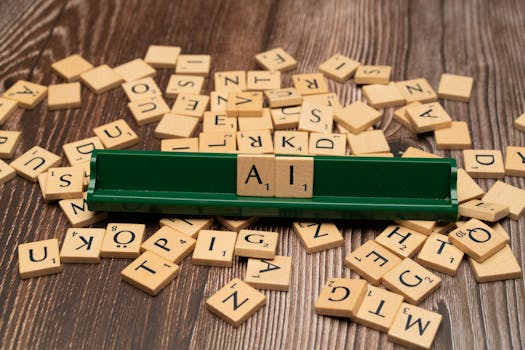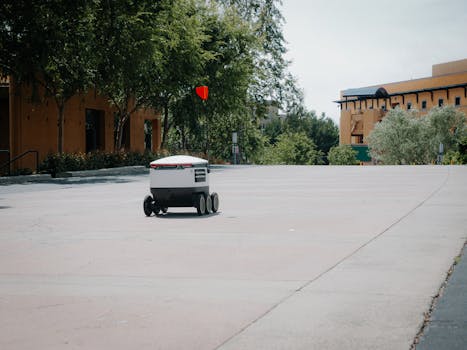
Technological Innovations Shaping 2025: A Revolution in Progress
Technological innovations are shaping the future of humanity, and 2025 is no exception. As we continue to push the boundaries of what is possible, we are witnessing a revolution in various fields, from artificial intelligence and robotics to quantum computing and biotechnology.
Artificial Intelligence and Robotics
Artificial intelligence (AI) and robotics are two of the most significant technological innovations shaping 2025. AI is being integrated into various industries, including healthcare, finance, and education, to improve efficiency and decision-making. Robotics, on the other hand, is being used to automate tasks, enhance productivity, and improve worker safety.
AI-Powered Healthcare
AI-powered healthcare is one of the most promising applications of technological innovations in 2025. AI algorithms can analyze vast amounts of medical data, identify patterns, and make predictions, enabling early diagnosis and treatment of diseases. Additionally, AI-powered robots are being used to assist surgeons during operations, improving accuracy and reducing recovery time.
Quantum Computing and Biotechnology
Quantum computing and biotechnology are two emerging fields that are transforming the technological landscape in 2025. Quantum computing is enabling scientists to simulate complex systems, model molecular interactions, and optimize processes, leading to breakthroughs in fields such as materials science and pharmaceuticals. Biotechnology, on the other hand, is being used to develop new treatments for diseases, improve crop yields, and enhance food security.
Gene Editing and Synthetic Biology
Gene editing and synthetic biology are two of the most exciting applications of biotechnology in 2025. Gene editing tools such as CRISPR enable scientists to modify genes with unprecedented precision, opening up new possibilities for treating genetic diseases. Synthetic biology, on the other hand, involves the design and construction of new biological systems, such as microbes and biological pathways, to produce novel compounds and materials.
Internet of Things (IoT) and 5G Networks
The Internet of Things (IoT) and 5G networks are two technological innovations that are transforming the way we live and work in 2025. IoT devices are being used to monitor and control various aspects of our lives, from smart homes and cities to industrial processes and transportation systems. 5G networks, on the other hand, are enabling faster data transfer rates, lower latency, and greater connectivity, paving the way for widespread adoption of IoT devices and services.
Smart Cities and Infrastructure
Smart cities and infrastructure are two of the most significant applications of IoT and 5G networks in 2025. Smart cities involve the integration of IoT devices and sensors to monitor and manage various aspects of urban life, such as traffic, energy usage, and waste management. Smart infrastructure, on the other hand, involves the use of IoT devices and sensors to monitor and maintain critical infrastructure, such as bridges, roads, and buildings.
Conclusion
In conclusion, technological innovations are shaping the future of humanity in 2025, from AI and robotics to quantum computing and biotechnology. These innovations are transforming various industries and aspects of our lives, enabling us to live more efficiently, productively, and sustainably. As we continue to push the boundaries of what is possible, we can expect to see even more exciting technological innovations in the years to come.



